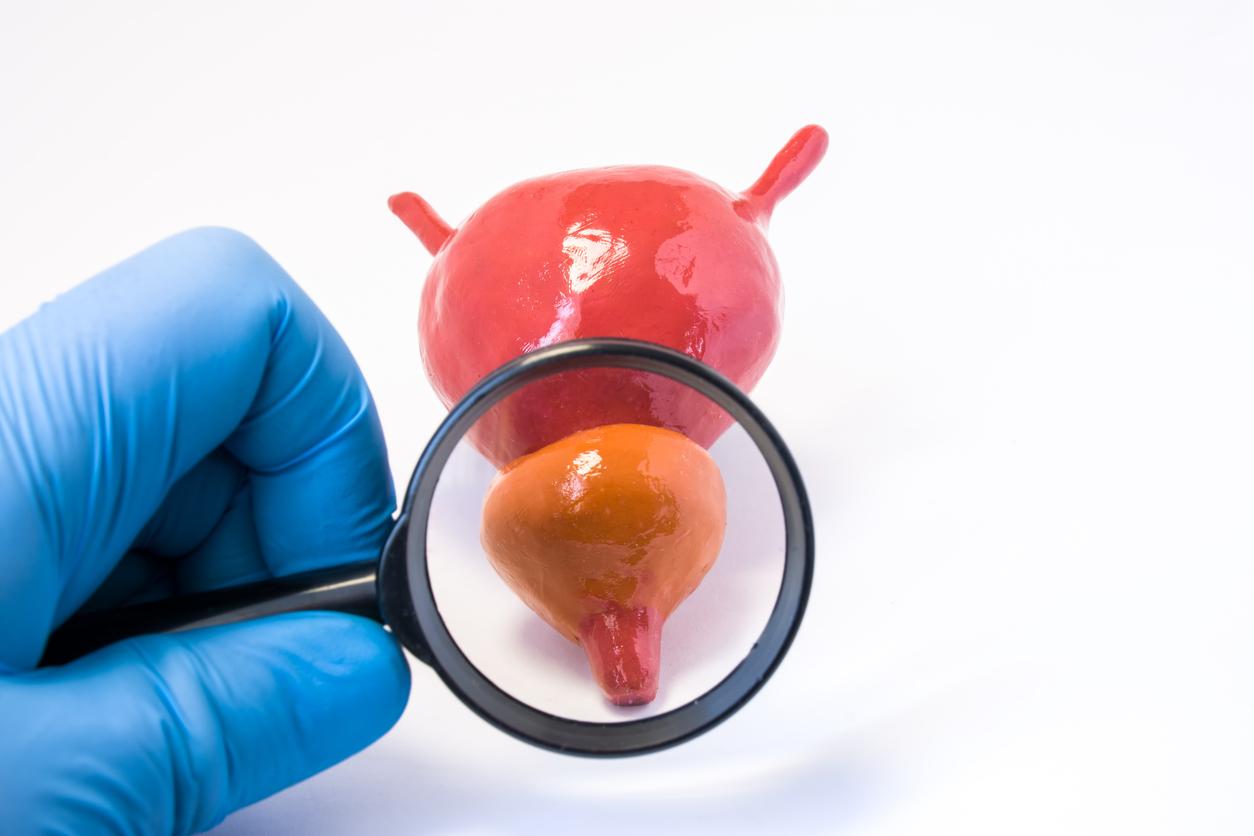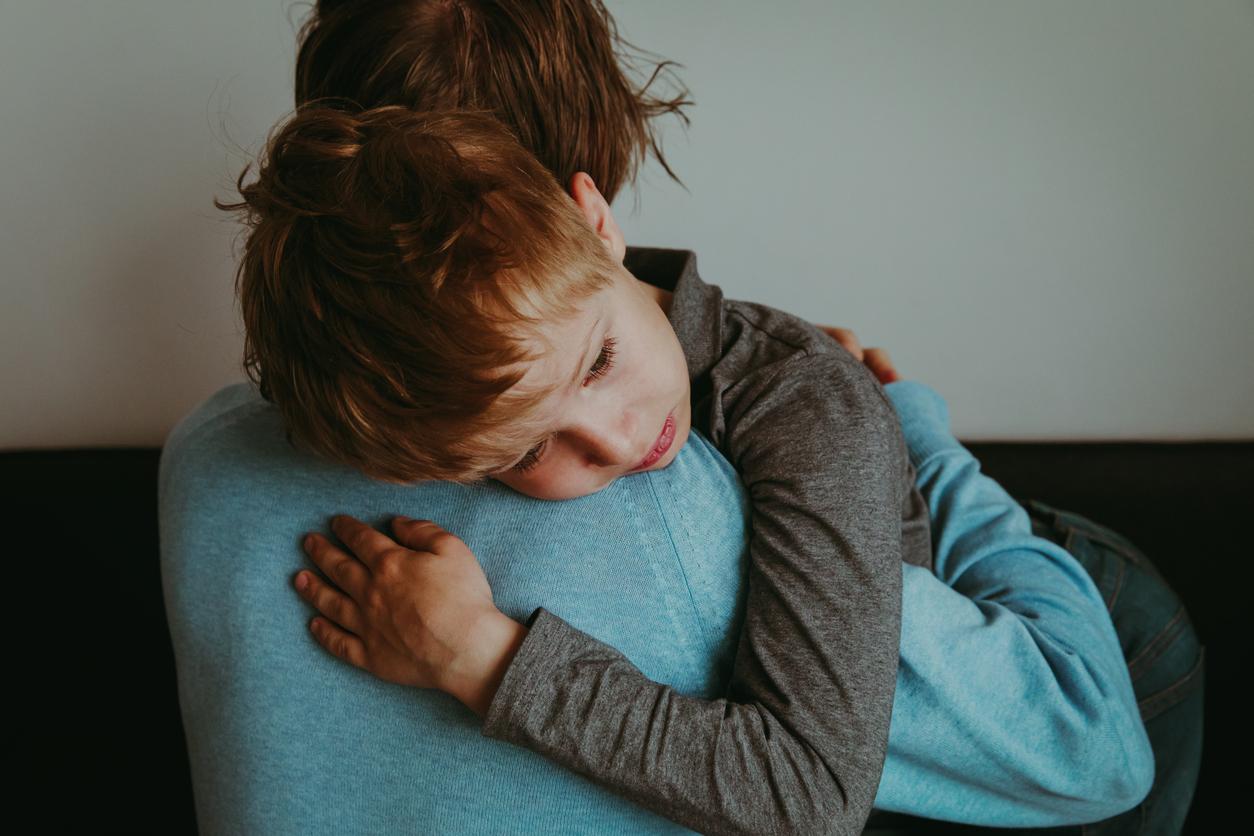In Aix-en-Provence, a 63-year-old woman convinced of being an only child discovered the existence of a large American sibling following AND tests. If the reunion with his biological family went perfectly, this is not always the case and can have serious psychological consequences.

The story is pretty. In Aix-en-Provence, a 63-year-old woman convinced of being an only child discovered thanks to DNA tests that she had five brothers and sisters from an American father, reports France Blue Provence this week. If the discovery of this siblings was a real joy for the sexagenarian, the reunion with his biological family is not always so simple. “Everything will depend on what you plan in the family that you find”, explains to Why Doctor Jean Louis le Runchild psychiatrist specializing in adoption and editor of the journal Childhood and Psy.
Throughout her youth, Corrine pesters her mother to find out the identity of her parent, in vain. One day, his son decides to do DNA tests to trace the thread of his family tree. He then discovers that his mother has a sister, who lives very close to her home, in the Vaucluse. The two women meet in a restaurant. “It was fusional right away,” Corrine told France Bleu. During the meal, his sister tells him that their father is American.
After further DNA testing, Corrine discovers the existence of a large family. “He is an American dad who came to France with a young wife in the 1950s. He had a first child in France, my brother Larry, who lives in New York State. Then there was my sister from Vaucluse, then seven months later, it was me. Obviously he was cheating on his wife. After my birth, there was Sheryl’s, in the United States, which suggests that he came back when I was still a baby. And then Shella was born and finally Shelley. We are six”, she explains.
“It makes sense”
Not cowardly for two pennies, Corrine immediately contacts the other members of the siblings who welcome her with happiness. For the past few months, they have been exchanging daily messages where they tell each other about their lives via social networks. “It makes sense,” she rejoices, amused by the physical similarities she sees in the photos. In all, since she discovered the identity of her father, 60 people have contacted her, some uncles and aunt even living in Canada.
Her sister Shéryl took a plane ticket to come and see her for a week in Aix-en-Provence at the end of January. Then, in April, Corrine will go to the United States to meet each of her siblings.
If the story of this sexagenarian is enough to make anyone in search of their biological family dream, unfortunately, the reunion is not always so simple. “There, we are talking about a 63-year-old woman, she is not at great risk, she is already built. Either it goes wrong and she distances herself, or it works and that’s a plus. It’s obviously different when it comes to a young adult. His reaction to his biological family will depend on his psychic resources to face a complex discovery or a possible rejection”, explains Jean-Louis Le Run.
“Often, this need to find out where you come from starts in adolescence. Nature abhors a vacuum: when something is missing, we want to fill it. Either we are going to fill it with fantasies by imagining heaps of things, or we want to elucidate the mystery and it is true that this makes us feel a little more complete, even if the biological origin is not what really builds identity. Many people don’t want to go find this unknown relative because they are afraid of experiencing a new abandonment. One can live without knowing one’s origin. Some adapt to it, it remains a secret, localized, contained part, it does not prevent them from living even if something is missing”, continues the specialist.
Reunions facilitated by new technologies
Moreover, the consequences of reuniting with the biological family will of course be very different depending on the situation of the child. It can be a child born from medically assisted procreation with a donor who wants to know the anonymous biological parent, a child adopted abroad who has lived for a few years with his biological family and wants to find them or, as in the case of Corrine, of a child whose mother refuses to deliver the identity because it is too painful for her or that she is unaware of it. Then, everything will of course depend on what we project on this family.
“The consequences of such a meeting will not be the same for someone who is well with the benchmarks at his disposal and has a good relationship with his adoptive family and a child who is in difficulty in his current family and who is betting a lot about a relative he does not know. When parents disappoint us and we are children, we all tend to imagine that we descend from great people. In situations where the parent is unknown, this type of fantasy is even more conducive. But sometimes, we still have some information that tells us that the meeting may not be great. When you know, for example, that you have been abandoned by a mentally ill parent”, explains Jean-Louis Le Run.
Until ten years ago, finding your family of origin was a long and complicated process that discouraged most people from embarking on the adventure. Today, with the progress of genetic research, it is very easy to carry out paternity, maternity or sibling tests from a saliva sample. As for children born under X, there has been a structure since 2002 to help and guide them: the National Council for Access to Personal Origins. The latter notably offers women who give birth in secret to leave some information in their file. These can be transmitted to the children who undertake research and, later, the structure can propose a meeting that the mother will have the right to refuse.
Make sure that we have not idealized the family opposite too much
All these new means of course have advantages, “because it can allow some to move forward when they are blocked and cannot build a solid identity for themselves”, explains Jean-Louis Le Run. It’s a double-edged sword. “If what they discover is positive it’s great, if it’s painful: will they be able to move on and move on or will they ruminate for years?” the child psychiatrist. Also, he recommends that people who want to embark on this type of approach to think carefully beforehand about what they expect from it and what void it will fill.
“First of all, you have to make sure that you haven’t idealized the family too much, because you can fall from more or less height depending on the height where you place this meeting or this revelation. It may also be necessary to consider being accompanied, especially for very young people who do not necessarily have very solid narcissistic foundations yet. A psychologist can accompany you in the process and serve as a safeguard or a protective envelope,” he says.
Jean-Louis Le Run concludes: “Basically, finding your family can be important but it is not always essential. You can live with a lack in life, you just have to manage to mourn it. It’s better if you have two legs, but you can be happier on one leg than on two. There are people who have both parents and are unhappy. Some have only one, don’t know who the other is and who is fine. This is not an absolute.”
.















